Philly picks French oboe
mainThe Philadelphia Orchestra has offered its principal oboe seat to Philippe Tondre, principal with the Chamber Orchestra of Europe and SWR Stuttgart.
He has not yet agreed terms.
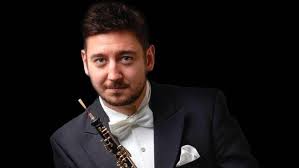

The Philadelphia Orchestra has offered its principal oboe seat to Philippe Tondre, principal with the Chamber Orchestra of Europe and SWR Stuttgart.
He has not yet agreed terms.

Eyebrows rose in April last year when the…
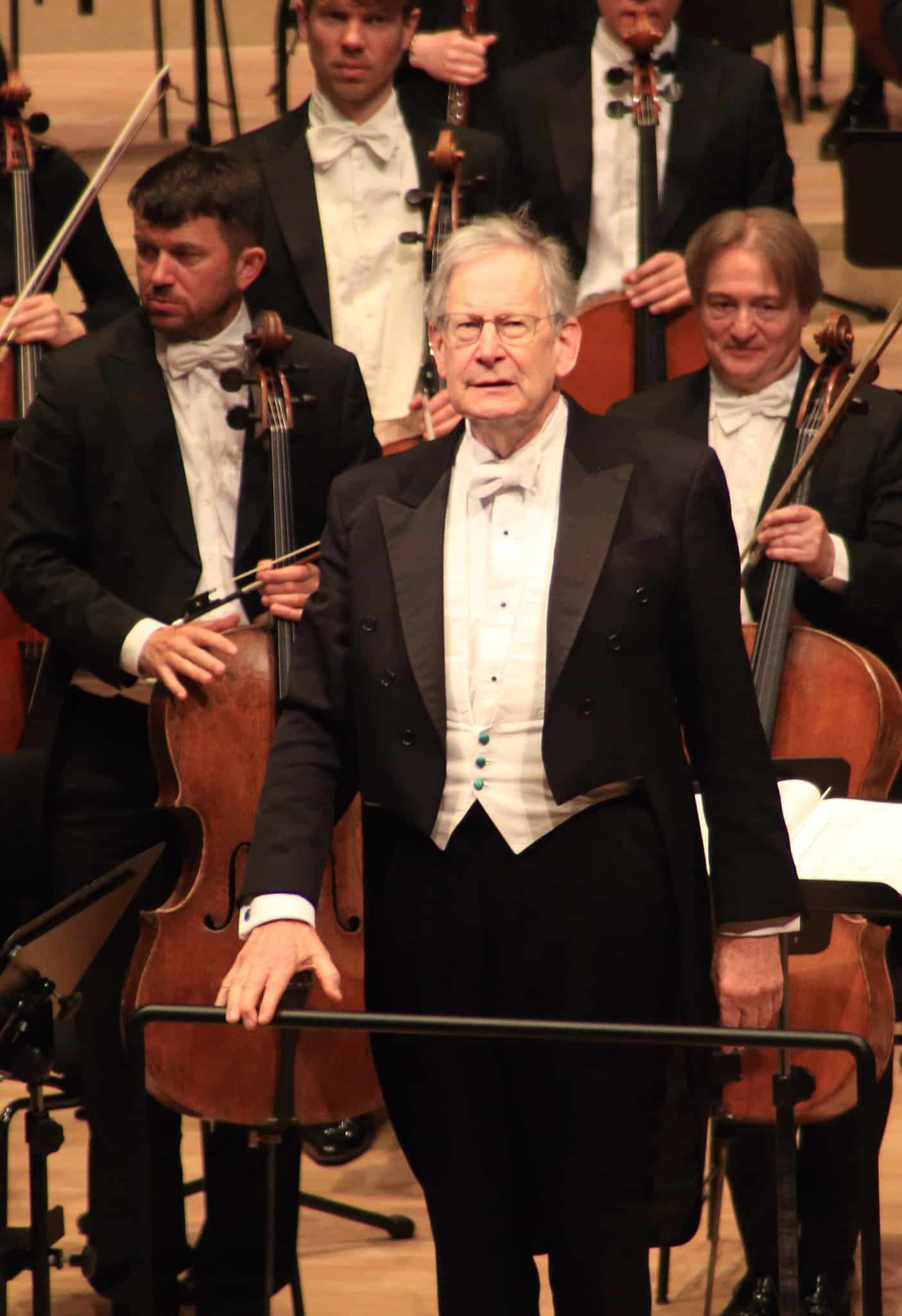
More news from the valleys: The Royal Welsh…
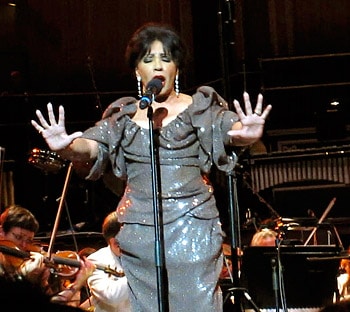
The Orchestre National de France has named its…
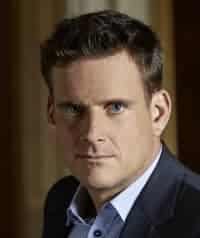
The Liceu in Barcelona has tweeted news of…
Session expired
Please log in again. The login page will open in a new tab. After logging in you can close it and return to this page.
Congrats to Philippe!!! The circle has now closed. Mr. grand legend Tabuteau was French man who bring French oboe school to US and that was beginning for American oboe school. But it’s not the main thing. Mr. Tondre is super talented player with more than great skills so he as principal in Philly is well deserved. Good choice for Philadelphia!
Axl: And after Tabuteau, there was John de Lance. He wasn’t French, but a Tabuteau student and a real Francophile and Francophone.
And after De Lancie we had Richard Woodhams, a student of De Lancie and frankly one of the very greatest principal oboes in the world, there for many many years. I look forward to hearing M Tondre though at last nights Philly concert, their associate principal Peter Smith played absolutely sensationally with a gorgeous legato and wonderful phrasing. The two together are going to be superb…………
Peter Smith studied with Richard Woodhams at Curtis, so he continues that chain back to Tabuteau. He will Be phenomenal with Tondre and their long standing 2nd associate principal Jonathan Blumenfeld would round out perfection.
He comes from a German orchestra, just like Ramon Ortega in LA. Could this be a similar mismatch which ends in tears?
Some people love to open their mouth.
Agreed. That spread sound and sharp pitch do not match the orchestra at all and will have a poor effect on the wind choir sound.
How come there is no information on who his past teachers & music conservatory did he graduate??
10 seconds with Google produced this:
https://en.wikipedia.org/wiki/Philippe_Tondre
He is a top player, but he has made his career thus far in Germany. This has parallels with Ramon Ortega’s move to LA and I wonder if this is going to be a similar mismatch which ends in tears. I know that Tabuteau basically invented the American school of oboe playing, but that was 100 years ago and both Europe and the US have moved on considerably since then.
It doesn’t matter that where you have been working previously or what “school” you are. Someone working in Germany, someone other in Asian orchestra and so on. Only the skill’s are important + that you are able to learn your orchestras sound, listening other players and so on. As non musican I can’t understand the conversation’s of schools. In my ears it’s always just (beautiful) oboe playing
As an amateur oboist I can say that it DOES matter. What Europeans think of as a beautiful oboe sound is very different from what the Americans think. It’s a matter of fit and blend and not just whether he’s a brilliant player, which he undoubtedly is.
Interesting that you write that it’s a matter of fit and blend because then there isn’t matter of school or where people come.
When someone new come to orchestra – he/her keep eyes and ears open and learn orchestras sound to be fitting perfectly. That was the same what I mean in previous comment. So despite the school or American or European (or Asian) – fit and blend are the most important things. And Philly is a world class orchestra so they know what they do. And Mr. Tondre has been many times in guest principal oboe there so the environment is familiar for him. And recently he actually meet Richard Woodhams and they spend time together talking oboe things and so on.
We should congrats Mr. Tondre and be happy that Philly find a good player. And… last year they tride Mr. Nathan Hughes to this position (he was only finalist) but despite his American school background – they didn’t offer the job for him because he wasn’t the most best fit for them. We are not the philly’s audition commitee so Mr. Tondre’s appointment isn’t anyone other’s bisnes. Only Mr Tondre’s and Philly’s.
I think he will have to change his style of playing radically to fit in. Whether he can, or wants to, remains to be seen.
Given he has been guesting at the Philadelphia for some time, I am sure both he and they know exactly what they are getting. He won’t have to change at all.
Just think of the number of principal appointments in Europe and the US where they are not given tenure. Great players doubtless all of them, but something isn’t right in the chemistry and the blend.
I’m British and when I met my (late, also British) oboist wife, she was able to identify, from live and recorded broadcast performances, and with a quite stunning degree of accuracy, what the nationality was of the orchestra playing, by listening to the oboe playing. As time went by however, this became more difficult, (not because her hearing had deteriorated I have to say), but because – in her words – the difference in the various ‘schools’ of oboe playing had narrowed, largely because players from them had migrated and had taken many of their learned characteristics with them. Discuss (please)
It’s not what it used to be, such a position in a prestigious US orchestra. They still pay well, but living in the US is not for everybody these days. The higher salary is quickly eaten up by the cost of living, particularly if you have family and want decent education for them and other standards Europeans tend to take for granted. Easier to manage for conductors from Europe, who fly in for a week or two at a time.
Cannot believe this! Is the Philadelphia Orchestra completely ignorant of what happened with Ramon Ortega and the LA Phil? You cannot have a European oboist play side by side with American oboists, PERIOD. The style is just too vastly different. Besides, of all places to attempt this in Philadelphia, the birthplace of the American style of oboe playing!
I can’t believe this!! Would someone explain to me that why “American oboist versus European oboist- conversation” is so important?? All the time I hear talking about different style and school and so on. This is looking some kind of “oboe-rasism”!!
The difference used to be much more pronounced. For instance, if you listen to recordings of the Berlin Philharmonic from the 70’s with Lothar Koch compared to Cleveland Orchestra recordings from the 70’s with John Mack*, you will hear a big difference in tone quality and vibrato choices. If you’ve grown up (as a musician or listener) with one of these as the standard, then the other will sound strange. It’s easy to understand an audition committee in an American orchestra hearing a German oboist play and saying “no, that would never work in our orchestra,” or vice versa.
To my ear (I’m a flute player, not an oboist), the Europeans focused more on individuality and solo playing, often with big opera singer-style vibrato. The Americans focused more on being able to blend with a woodwind section, smooth phrasing (not as dramatic as the Europeans), and playing in tune. Depending on your preferences, the Europeans could sound erratic and over-the-top, or the Americans could sound boring and mechanical.
Nowadays, I think players on both sides of the Atlantic have realized that all of it is important: showing some personality in your solos but also being able to step away from the spotlight when it isn’t your turn.
Personally, I don’t think a player’s country of origin necessarily determines their success in other countries any more: it’s more a question of whether the individual is willing and able to adapt to the group style of the orchestra (s)he is joining.
*(a very influential player and teacher for about 30 years in the US. Also a Tabuteau student.)
This is the smartest comment I have read here. Some people live on the past.
Ramon’s departure had nothing to do with him not fitting the section or the orchestra. It was for his personal reasons, and not because he was not a fit. Everyone, except for a couple bitter colleagues in the oboe section, loved his playing. It makes me sick that some people cannot recognize and hear something great when it’s right next to them. Blending with his American colleagues was not an issue despite the clear tension from their side. We should all grow up and stop judging players by schools and dividing music world into camps.
We are all in this together and should make music together despite our differences. Every orchestra in US is very international, and combines various styles of playing. Why should the oboe section be any different? Look at all the winds in the US orchestras! Everyone has moved on beyond the differences in schools. Only the oboes are the stubborn dinosaurs fighting for survival instead of moving on and adapting to the new world. Please grow up and admit when something better comes along, use it as a chance to learn and improve rather than criticize
I’m totally agree with you. This is more than a very smart comment
Putting aside this bizarre oboe school war, The Philadelphia Orchestra musicians are THRILLED with their hire. They know Phillipe well. They have played with him many times. The audience has heard him many times. And he is a huge asset to an already fantastic orchestra. Bringing a musician with a beautiful soul and creative musicianship should always be the priority. Shame on the oboe players of the world who miss this point.
I’m definetly agree with you!
Your point on them having played with him many times recently is important. If he was clearly a bad match for the Orchestra in terms of tone and style, I’d think that would have been detected during these concerts.
Do you attend Philadelphia Orchestra concerts? Philippe Tondre has only played three concert series with them – November 2018 (a concert which featured Joyce DiDonato as soloist) , September 2019 (Dvorak 9) & October 2019 (all-Mozart). Does this constitute MANY times?
If he had invited 3 times to be guest principal – it tells a lot. Many people invited only one time to be guest principal and then no more. So 3 times is good. Think about Kirill Petrenko – he was guest conducting Berlin Phil about 2 times and then they effected him as chief conductor. Trust Philly – they know what they do 🙂
Um, no they’re not thrilled. But you can believe what you want.
Afraid of a little free speech are we?
It sounds as though Philadelphia did not buy a cat in a sack. I hope Philippe Tondre is happy there, and they with him. It’s good to see mention of John Mack and the mercurial Marcel Tabuteau, who also played with Casals at the the Perpignan or Prades Festival at least once.. And Lothar Koch; let me add Karl Steins, Ray Still, and Alex Klein, who has posted here. There can’t be too many good oboists in the world.
Still smiling over a definition of minor seconds: “Two oboes playing in unison.”
And a silent prayer to the spirit of leon Goossens, whose tone and slow vibrato identified any orchestra he played in.
This whole conversation about musicians adjusting to blend with their colleagues reminds me of the following. In the 1980s Jeffrey Khaner was principal flutist in the Cleveland Orchestra, sitting next to John Mack. I heard them several times and if they were incohesive I sure didn’t notice it; I still remember that orchestra at that time as just about the best orchestra I have ever heard. A few years later I was living in Philadelphia where the orchestra hired Khaner away from Cleveland; he’s still principal in Philly. I vividly remember how it sounded at first; I thought his sound and his vibrato sometimes really clashed with the rest of the winds, including Woodhams. (Cleveland and Philadelphia were radically different-sounding orchestras at that time. I don’t know how that compares to the differences between Philadelphia and France or Germany.) Over a couple of years he adjusted, and so did they. When I went back some years (and a few more personnel changes) later I was thunderstruck by what that wind section had become–players with a huge range of timbres and soloistic phrasing, but also real attention to ensemble. It’s not the Ormandy sound, and it’s not even always to my liking, but it’s quite special. A great wind cohort doesn’t have to click from day 1 if the players are able to adjust.
I live in LA now, and it doesn’t appear to me that the comparison to the Ortega misadventure is particularly instructive.